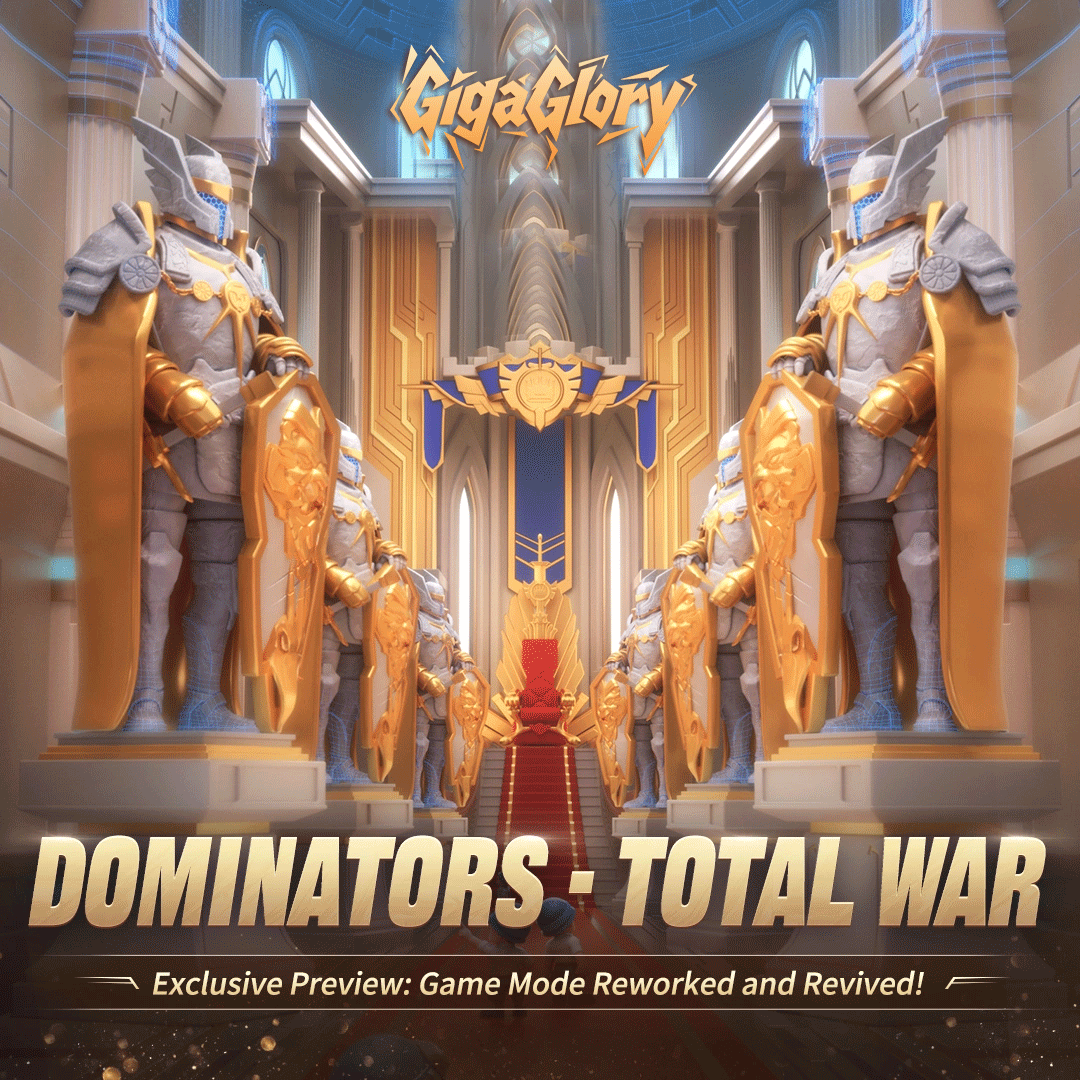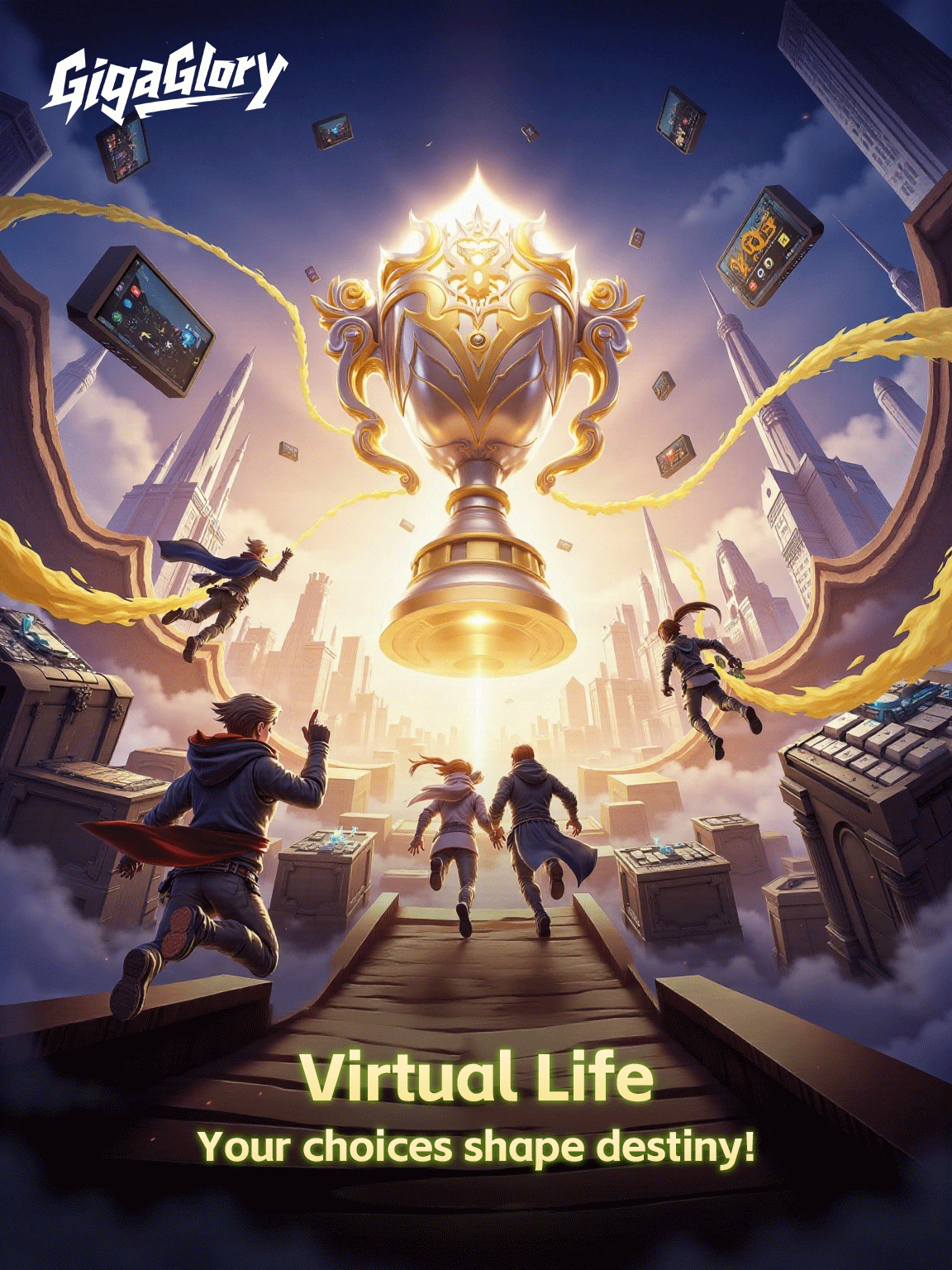Unleashing Adventure: How RPG Games Transform Storytelling and Player Experience
Have you ever found yourself lost in a world of fantasy, where every decision matters and adventure awaits at every turn? Welcome to the realm of RPG games, where storytelling and player experience intertwine to create epic journeys. This article will delve into how RPG games do more than just entertain—they revolutionize how we engage with narratives.
The Evolution of RPG Games
The genesis of RPG games can be traced back to humble beginnings. Originating from tabletop games, the genre has blossomed into a multifaceted experience that captivates millions. In this section, we break down the evolution:
| Era | Key Developments |
|---|---|
| 1970s | Tabletop adaptations, Dungeons & Dragons debut. |
| 1980s | Introduction of computer-based RPGs (e.g., Ultima series). |
| 1990s | JRPGs gain prominence (e.g., Final Fantasy, Chrono Trigger). |
| 2000s & Beyond | Massively multiplayer online RPGs (MMORPGs), branching storylines. |
The Storytelling Power of RPGs
One of the most compelling aspects of RPG games is their ability to tell stories. Unlike traditional media, RPGs invite players to actively participate in the tale. Here’s how:
- Dynamic Storylines: Players’ choices can dramatically shape the outcome, offering multiple endings based on decisions made throughout the game.
- Character Development: Players often invest in their characters, deeply connecting with their journeys, aspirations, and even flaws.
- Immersive Worlds: From detailed landscapes to rich lore, RPGs create intricate universes that players can explore.
Transformative Player Experience
In addition to storytelling, RPG games significantly enhance player experience. Here’s a list of key elements that contribute to this transformation:
- Agency: Players have the power to influence the story, making every game unique.
- Community Engagement: Multiplayer aspects foster relationships and encourage players to collaborate.
- Customization: Personalizing your character creates a unique connection to the game.
Convergence of Different Genres
RPG games have evolved to absorb elements from other genres, creating innovative gaming experiences. For example, combining puzzle-solving elements, like the genesis kingdom crossword puzzle clue, adds an intellectual challenge! Here’s how genres converge:
Action RPGs: Blend action-packed mechanics with deep storytelling.
Adventure RPGs: Focus on exploration and puzzle-solving while integrating role-playing elements.
And guess what? Even the culinary world has its 'RPGs'! Picture this: a fall salad to go with baked potato feast, where each meal becomes an adventure—each ingredient tells a story, each bite a decision!
Conclusion
In wrapping up, it’s clear that RPG games are more than mere entertainment. They are a transformative medium that redefines storytelling and player experience. The intertwining of narratives, character development, and community engagement makes them an immersive adventure like no other. Whether you are a seasoned player or a curious newcomer, the world of RPGs beckons with endless possibilities—get ready to unleash your adventure!



